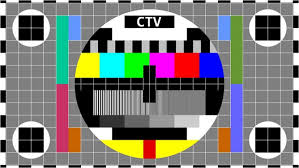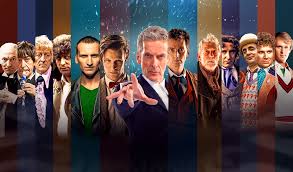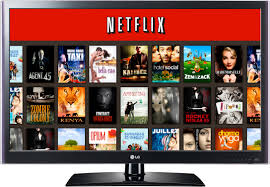
Television, is without doubt one of the most important and influential media platforms to have ever been created. Let’s take a closer look.
TV creates a wide range of products designed to appeal to different audiences. Shows like soap operas have a large cast of characters representing a wide range of demographics and are set in real world, recognisable settings, thus appealing to lots of people within a mainstream audience, while shows like Top Gear, specifically about cars and presented by a bunch of middle aged guys, appeals mostly to men who are interested in cars, essentially a niche audience. There are lots of niche shows that offer topics from a range of areas, appealing to a wide range of psychographics. As well as catering for different tastes and audiences, TV also creates shows that fulfill the different needs of the audience, thus fulfilling all the different uses and gratifications requirements. For example, news shows fulfills an audience’s need for information, and possibly education, while shows like Dr Who provide escapism and entertainment.

As all shows are constructed by the TV companies and they also decide what to show, they have huge amounts of control over what we have access to, although obviously we choose what to watch, we can only choose from what is shown. Now some institutes, such as the BBC, a non-profit Public Service Broadcaster, are seen to be fair and even-handed in their production and simply aim to offer the public what they desire, this includes a range of genres aimed at a wide range of demographics and psychographics to be as inclusive as possible. It is worth noting, in many countries PSBs are owned, controlled and funded by the relevant governments which can mean they are not terribly independant. Other profit focused companies, such as FOX, owned by Rupert Murdoch, seem far more intent on pushing an agenda that suits their own or their advertisers private interests and are often criticised for heavy bias, particularly in the news.

Financing is a complicated issue – the UK has 3 main forms. The first is the BBC – a public service broadcaster which is financed through a compulsory licence fee. In exchange they offer huge amounts of TV content across 7 channels as well as radio stations, both national and local, plus on-demand TV and a vast range of content online. Second are the commercial channels, such as ITV and Channel 5, these are funded through revenue raised from advertising. Also we have Channel 4 (technically a PSB but funded through advertising. Lastly are subscription channels, such as Sky, who pay for content via the subscription fee.
The main regulator of British TV is Ofcom, the independent regulator and competition authority for the UK communications industries. In addition are the BBC Trust governing the BBC and the Association for Television On Demand (ATVOD) is the independent co-regulator for the editorial content of UK video on demand services.
Expanding numbers of channels and on-demand TV and particularly companies like Netflix, and to some extent Youtube have revolutionised how we watch TV, each individual is able to dictate his or her own viewing schedule. This means producers have to be far more competitive and as a result many channels now have far smaller viewing figures. It is also possible to suggest that the one way linear narrative and format of TV programmes is rapidly becoming outdated as more users turn to online platforms where they can not only be viewers, but also producers.

Has the mighty Television Industry seen its best days? Is this media giant ready to topple? What do you think?
One thought on “Is TV as we know it finished?”